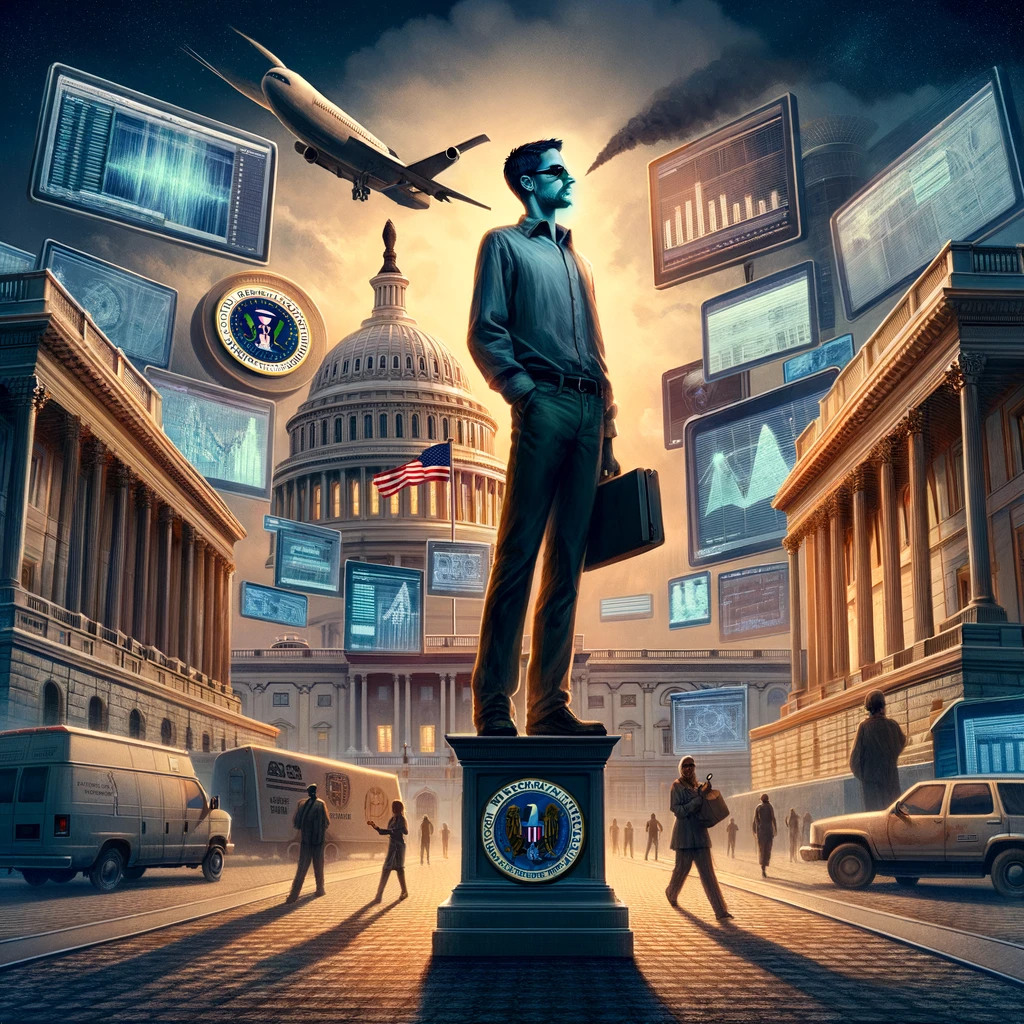In the aftermath of the September 11 attacks, the United States witnessed a significant shift in the balance between national security and individual freedoms. The urgency to prevent future terrorist attacks led to measures that have since been viewed as encroachments on civil liberties.
Post-9/11 Changes in Civil Liberties

The reaction to the tragic events of 9/11 resulted in a rapid reevaluation of security policies, with a broad consensus on the need to strengthen the nation’s defenses against terrorism. This led to the enactment of legislation such as the USA PATRIOT Act, which expanded the government’s surveillance capabilities and reduced the legal protections for those labeled as suspected terrorists. As noted by Hook and Spanier, many constitutional protections traditionally afforded to individuals were curtailed in the process (Hook & Spanier, 2018).
The Snowden Affair: Unveiling the Scope of Surveillance
The extent of domestic surveillance under the National Security Agency (NSA) became a topic of global discussion following the revelations by Edward Snowden in 2013. Snowden, a former NSA contractor, disclosed classified information detailing the vast scope of the NSA’s surveillance activities, including the collection of telephone records from millions of Verizon customers. This exposure ignited a public debate over privacy, government overreach, and the ethical implications of mass surveillance programs.
Balancing Safety and Liberty
The debate over national security and individual rights is encapsulated in Benjamin Franklin’s assertion that sacrificing essential liberty for temporary safety deserves neither. The post-9/11 era and the Snowden affair have highlighted the complex interplay between the need for security and the preservation of fundamental freedoms. As society advances technologically, how governments can intrude into personal lives have expanded, raising critical questions about the limits of such powers and the safeguards against their misuse.
Works Cited
- Hook, S. W., & Spanier, J. (2018). American Foreign Policy Since World War II, 21st Edition. Retrieved from https://vbk://9781506385631






